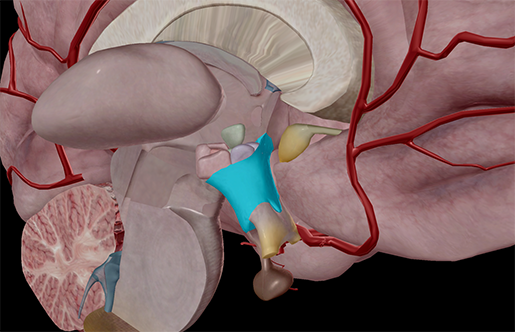Introduction
In the symphony of human biology, hormones take center stage as the conductors orchestrating a myriad of bodily functions. These microscopic messengers wield immense power, influencing everything from growth and metabolism to mood and reproduction. To comprehend the symphonic complexities of hormones, one must delve into their multifaceted roles, the orchestration within the endocrine system, and the profound implications they bear on our health and well-being.
The Endocrine Ensemble
Imagine the endocrine system as a grand orchestra, with each hormone representing a distinct instrument playing its part to maintain the body’s equilibrium. From the thyroid’s thyroxine regulating metabolism to insulin managing blood sugar levels, these conductors communicate through the bloodstream, ensuring every bodily system functions harmoniously. Adrenaline, the swift tempo behind our fight-or-flight response, surges during moments of stress, heightening alertness and priming the body for action. Meanwhile, cortisol acts as a regulatory force, modulating stress responses and influencing sleep, immunity, and metabolism. Estrogen and testosterone, renowned for their roles in sexual development, extend their influence far beyond, impacting bone health, cognition, and mood regulation. The delicate dance between these hormones shapes our emotional landscape and physiological well-being.

The Choreography of Hormonal Balance
Just as a symphony demands perfect coordination among instruments, hormonal balance is paramount for optimal health. However, this delicate equilibrium can easily falter, leading to various health disruptions.
Hormonal Imbalance
When the symphony encounters discord, hormonal imbalances emerge. Irregularities in secretion, whether excess or deficiency, can result in a range of conditions. Polycystic ovary syndrome (PCOS), characterized by increased androgen levels in women, disrupts menstrual cycles and fertility. Similarly, thyroid disorders, stemming from an imbalance in thyroid hormones, manifest in symptoms like fatigue, weight changes, and mood swings.
Lifestyle Factors
The lifestyle we lead can significantly impact hormonal harmony. Diet, exercise, stress levels, and sleep patterns exert considerable influence. For instance, chronic stress can elevate cortisol levels, potentially leading to disruptions in sleep and immune function. Moreover, inadequate nutrition can impact hormone production, affecting everything from growth to reproductive health.
Environmental Intrusions
External factors, such as exposure to endocrine-disrupting chemicals (EDCs) found in plastics, pesticides, and certain household products, can mimic hormones, causing confusion in the body’s signaling. These interlopers may lead to developmental issues, reproductive abnormalities, and metabolic disturbances.
Harmonizing Health
Cultivating hormonal harmony involves a symphony of lifestyle choices aimed at supporting the body’s innate equilibrium.
Nutritional Maestro: A diet rich in whole foods, fiber, healthy fats, and diverse nutrients forms the cornerstone of hormonal health. Essential vitamins and minerals, such as vitamin D, magnesium, and omega-3 fatty acids, play pivotal roles in hormone production and regulation.
Exercise Rhythm: Physical activity acts as a conductor, fine-tuning hormonal balance. Regular exercise not only aids in weight management but also boosts mood and regulates hormone levels, fostering overall well-being.
Stress Melodies: Managing stress through mindfulness practices, meditation, or hobbies harmonizes cortisol levels, preventing the cascade of hormonal disruptions.
Sleep Symphony: Adequate sleep serves as the restful interlude in this symphony. Quality rest supports hormone regulation, aiding in repair, memory consolidation, and overall vitality.

Conclusion
The human body’s symphony of hormones plays an endless, intricate composition, influencing our health and vitality in profound ways. Understanding this symphony, nurturing its harmony through lifestyle choices, and acknowledging the impact of internal and external factors on hormonal balance empowers us to conduct a healthier, more harmonious life. In this ongoing symphony of hormonal health, may we remain attentive conductors, appreciating the nuances of this complex orchestration and endeavoring to maintain its harmonious cadence for our well-being and vitality.




